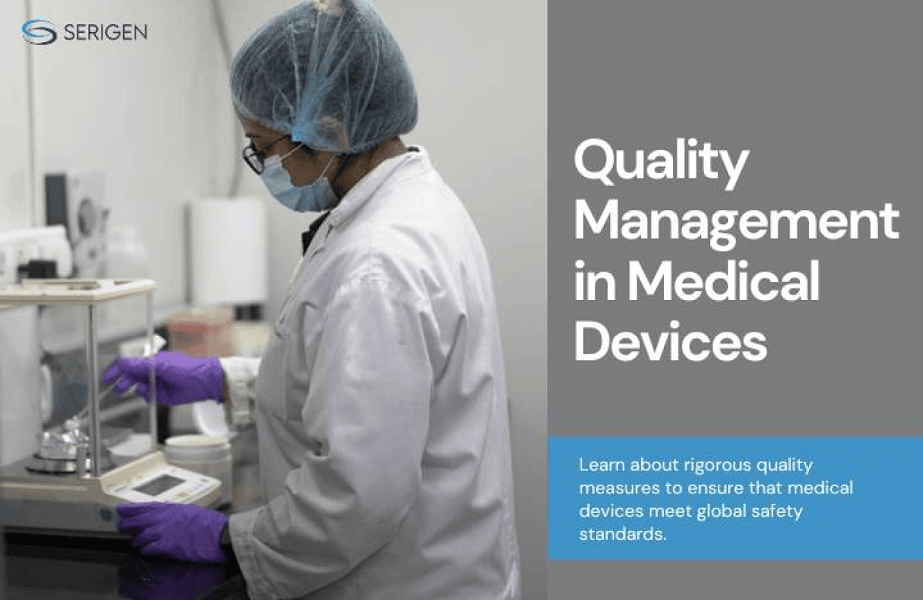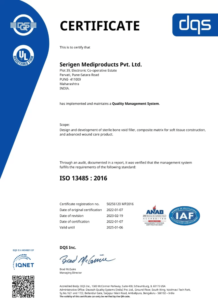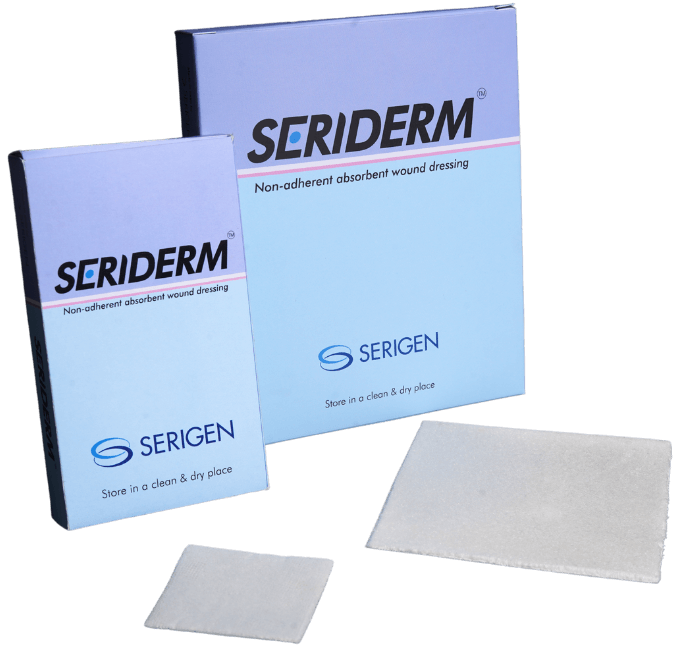Quality Management in the Medical Devices Industry – An Overview

Why is quality management in the medical devices industry crucial for public health?
When it comes to medical devices, the safety of end users is of utmost importance. At the same time, the medical device is required to establish its effectiveness. There can be no compromise in meeting these targets. Deviations from the defined standards during the manufacturing of the medical device may lead to undesired serious consequences.
Quality management provides confidence that a medical device will meet the desired mark. Abiding by quality measures and complying with quality standards ensures that the medical device will have the desired levels of safety and efficacy.
What is the difference between QA and QC for medical devices?
Quality Management of medical devices can be categorized into Quality Assurance and Quality Control. Quality assurance is the first step towards making standard-compliant medical devices. It is the means to ensure that medical devices are designed, manufactured, and distributed in compliance with stringent quality standards and regulatory requirements. QA keeps the necessary checks during the manufacturing process thereby eliminating the possibility of non-conforming products being made.
Once the medical device is ready, the Quality Control measures ensure that the medical device meets the desired quality standards and is safe and effective, before it reaches the market. Quality Control directly impacts patient safety, regulatory compliance, brand reputation, and overall healthcare system integrity.
Quality Assurance and Quality Control Best Practices For Medical Devices
Medical device quality assurance and quality control encompass a range of activities that include –
- Design control
- Risk management
- Manufacturing process control
- Supplier management
- Verification and Validation
- Documentation and record-keeping
- Regulatory compliance
- Early defect detection
- Cost efficiency
- Continuous improvement
- Patient safety
- Overall healthcare system integrity.
By identifying areas for continuous improvement, quality control of medical devices allows for enhancements within the manufacturing process. Regular assessments and data analysis lead to refinements in processes, increased efficiency, and greater product quality.
What is the significance of ISO 13485?
ISO 13485 is a quality management system (QMS) standard specifically crafted for the medical device industry. Compliance with ISO 13485 ensures that the medical device will have consistent design, development, production, storage and distribution, etc, mechanisms in place. These standards ensure that an ISO 13485-compliant medical device will meet the customer’s requirements of safety and efficacy. ISO 13485 is based on the concept of ‘Plan, Do, Check, Act’ which is the crux of ISO 9001:2015 standard, holding on to the foundation of ‘continuous improvement’.

Quality Management at Serigen
We at Serigen abide by the highest standards of quality and patient safety. We are ISO 13485 certified for design, development, and manufacturing. Furthermore, our products and facilities are CDSCO-approved. Our vision is ‘to invent, manufacture and provide clinician-trusted and world-leading next-gen tissue repair and augmentation products, to patients and healthcare systems globally’. This vision cannot be met unless stringent quality standards are followed.
Our processes are designed in a scientific manner, quality checks are performed right from the raw material procurement, in process, and at the finishing stage. Further, equipment calibration, servicing, in-house testing, and third-party testing are achieved as per ISO and/or ANSI standards.
Conclusion
Establishing that medical devices meet rigorous quality standards is not only a legal requirement but also an ethical obligation to the patients and clinicians who rely on their accuracy and functionality. Serigen Mediproducts meets the highest quality standards which are internationally recognized and accepted, to ensure that the right product reaches the customer. With the ‘continuous improvement’ mantra of ISO 13485 QMS at Serigen we aim for greater efficiency and productivity, improved quality and reliability of our products, and increased customer satisfaction.
References
1. https://www.compliancequest.com/bloglet/medical-device-quality-assurance/
2. https://www.bsigroup.com/en-IN/medical-devices/our-services/iso-13485-quality-management/

Author Bio – Gayatri Gurjar is Manager – Regulatory at Serigen Mediproducts. She holds a Ph.D. in Biotechnology from National Chemical Laboratory-Pune University and has 13 years of professional experience in research, development, and scientific writing.

Why is quality management in the medical devices industry crucial for public health?
When it comes to medical devices, the safety of end users is of utmost importance. At the same time, the medical device is required to establish its effectiveness. There can be no compromise in meeting these targets. Deviations from the defined standards during the manufacturing of the medical device may lead to undesired serious consequences.
Quality management provides confidence that a medical device will meet the desired mark. Abiding by quality measures and complying with quality standards ensures that the medical device will have the desired levels of safety and efficacy.
What is the difference between QA and QC for medical devices?
Quality Management of medical devices can be categorized into Quality Assurance and Quality Control. Quality assurance is the first step towards making standard-compliant medical devices. It is the means to ensure that medical devices are designed, manufactured, and distributed in compliance with stringent quality standards and regulatory requirements. QA keeps the necessary checks during the manufacturing process thereby eliminating the possibility of non-conforming products being made.
Once the medical device is ready, the Quality Control measures ensure that the medical device meets the desired quality standards and is safe and effective, before it reaches the market. Quality Control directly impacts patient safety, regulatory compliance, brand reputation, and overall healthcare system integrity.
Quality Assurance and Quality Control Best Practices For Medical Devices
Medical device quality assurance and quality control encompass a range of activities that include –
- Design control
- Risk management
- Manufacturing process control
- Supplier management
- Verification and Validation
- Documentation and record-keeping
- Regulatory compliance
- Early defect detection
- Cost efficiency
- Continuous improvement
- Patient safety
- Overall healthcare system integrity.
By identifying areas for continuous improvement, quality control of medical devices allows for enhancements within the manufacturing process. Regular assessments and data analysis lead to refinements in processes, increased efficiency, and greater product quality.
What is the significance of ISO 13485?
ISO 13485 is a quality management system (QMS) standard specifically crafted for the medical device industry. Compliance with ISO 13485 ensures that the medical device will have consistent design, development, production, storage and distribution, etc, mechanisms in place. These standards ensure that an ISO 13485-compliant medical device will meet the customer’s requirements of safety and efficacy. ISO 13485 is based on the concept of ‘Plan, Do, Check, Act’ which is the crux of ISO 9001:2015 standard, holding on to the foundation of ‘continuous improvement’.

Quality Management at Serigen
We at Serigen abide by the highest standards of quality and patient safety. We are ISO 13485 certified for design, development, and manufacturing. Furthermore, our products and facilities are CDSCO-approved. Our vision is ‘to invent, manufacture and provide clinician-trusted and world-leading next-gen tissue repair and augmentation products, to patients and healthcare systems globally’. This vision cannot be met unless stringent quality standards are followed.
Our processes are designed in a scientific manner, quality checks are performed right from the raw material procurement, in process, and at the finishing stage. Further, equipment calibration, servicing, in-house testing, and third-party testing are achieved as per ISO and/or ANSI standards.
Conclusion
Establishing that medical devices meet rigorous quality standards is not only a legal requirement but also an ethical obligation to the patients and clinicians who rely on their accuracy and functionality. Serigen Mediproducts meets the highest quality standards which are internationally recognized and accepted, to ensure that the right product reaches the customer. With the ‘continuous improvement’ mantra of ISO 13485 QMS at Serigen we aim for greater efficiency and productivity, improved quality and reliability of our products, and increased customer satisfaction.
References
1. https://www.compliancequest.com/bloglet/medical-device-quality-assurance/
2. https://www.bsigroup.com/en-IN/medical-devices/our-services/iso-13485-quality-management/

Author Bio – Gayatri Gurjar is Manager – Regulatory at Serigen Mediproducts. She holds a Ph.D. in Biotechnology from National Chemical Laboratory-Pune University and has 13 years of professional experience in research, development, and scientific writing.












